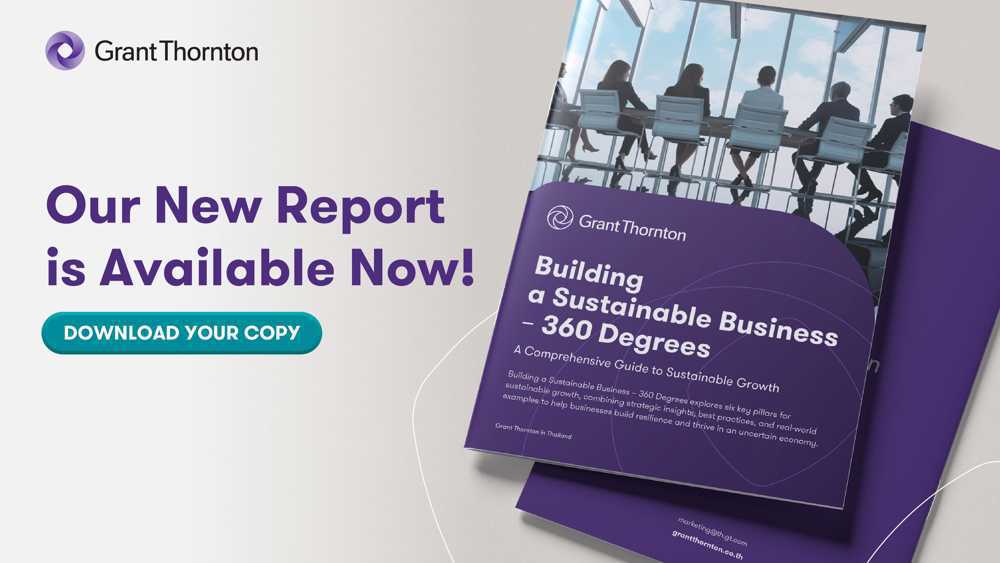
Mergers, acquisitions, and strategic investments aren’t just for companies aiming for expansion. When executed properly, these transactions enable organisations to become smarter, more agile, and self-sufficient - shoring up their future by expanding markets, diversifying revenue streams, and embedding sustainable practices. In Thailand, where robust economic growth pushes firms to contend with global competition, well-structured deals serve as powerful levers for resilience and scale.
Well-planned transactions also drive significant progress toward ESG goals. Targeted investments, acquisitions, and strategic alliances grant companies access to specialised resources, technology assets, and expert teams–capabilities that might otherwise be out of reach. Sometimes when entering a new market or acquiring a key technology is critical, the simplest solution is to buy or partner with an organisation that already has that expertise.
Investing in sustainability
Case Study
In 2018, Thailand’s own energy firm B.Grimm Power did exactly that by entering into a joint venture with Vietnam’s Xuan Cau Group to co-develop one of Southeast Asia’s largest solar farms - a partnership that marked the start of many such strategic alliances for the company. In 2020, B.Grimm further diversified its renewable portfolio by partnering with a major Chinese energy supplier to build the world’s largest floating hydro-solar hybrid project at Sirindhorn Dam in Thailand. Other sustainable energy initiatives during this period include B.Grimm’s investment in a Vietnamese wind farm, the acquisition of a combined-cycle power plant in southern Thailand, and the purchase of a majority stake in a Vietnamese solar power company, along with several smaller transactions.
These strategic moves have enabled B.Grimm to reduce its overall greenhouse gas emissions by approximately 10.4% from 2018 to 2023, with several more clean energy projects under development. The company has also issued green bonds to raise funds for further clean energy investments. During this period, B.Grimm’s valuation has risen sharply as green investors began to take an interest in its sustainable growth model. The company has meanwhile received formal recognition and praise for its ESG achievements - an impressive turnaround for a firm that was once heavily reliant on fossil fuels.
The winds of change
Innovations like these are future-proofing business operations as evolving cultural and regulatory trends demand continuous environmental upgrades. By getting ahead of these requirements, companies enhance credibility with customers, partners, and employees, maintaining positive brand momentum long after a merger or investment. ESG factors are no longer an afterthought; buyers now rigorously assess environmental impact, labour practices, and governance risks during due diligence, recognising that these variables can make or break a company’s long-term value. In Thailand, where sustainability is a primary focus for both corporate leaders and regulators, a strong ESG record can command a premium, while a weak one can quickly erode investor confidence.
Ultimately, with customers, employees, and the wider community exerting increasing influence over business practices, integrating sustainable operations isn’t just a regulatory or reputational necessity - it’s a strategic imperative for long-term resilience and growth.








